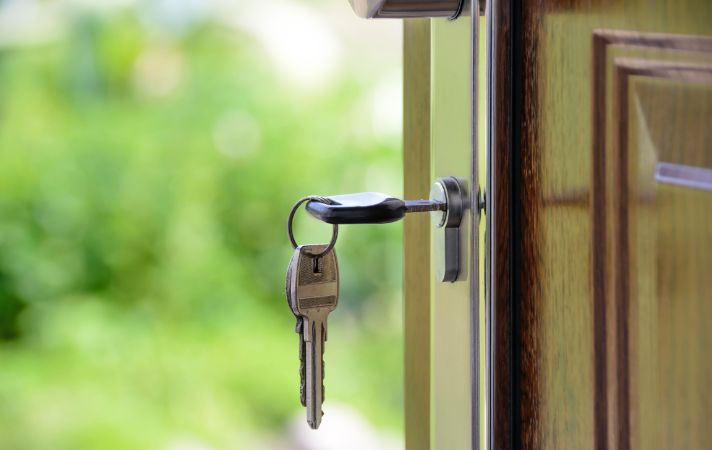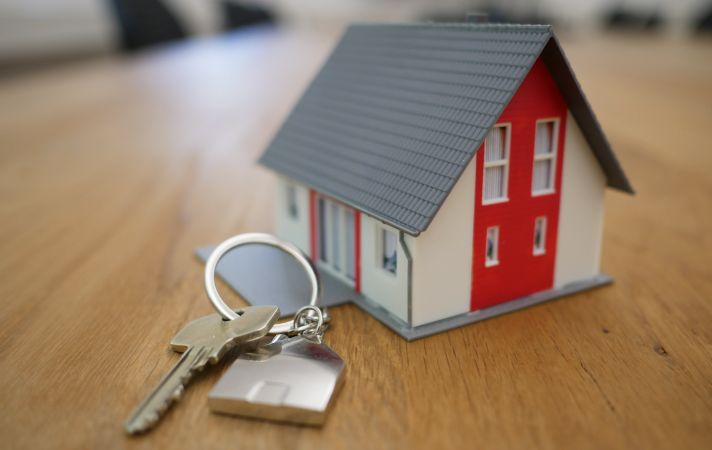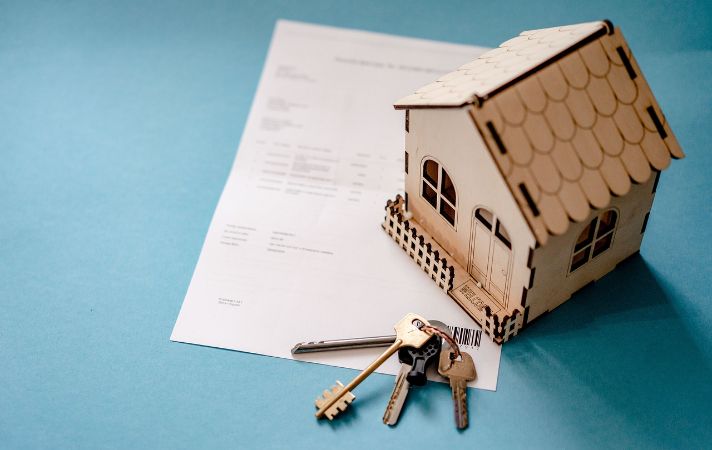Navigating the process of buying someone out of a residential property can be complex and often represents a pivotal moment in home ownership.
Whether you’re seeking to assume full ownership of a shared property or looking to secure a property for yourself, understanding the steps involved in a property buyout is essential.
In this guide, we will delve into how to buy someone out of a house, offering insights into negotiations, valuations, legal considerations, and financial arrangements.
By gaining a comprehensive understanding of this process, you’ll be better equipped to make informed decisions should the occasion arise for you to buy someone out of a house.
What does it mean to buy someone out?

To buy someone out of a house refers to the process of purchasing another person’s ownership interest in a property, making you the sole owner.
This commonly occurs when two or more individuals own a property together, such as co-owners, joint tenants, or partners, and one party wishes to acquire the entire ownership share held by the other party.
Buying someone out of a house involves negotiating a price for their share of the property’s value, which can be based on factors such as:
- Current market conditions.
- Property appraisals.
- The initial investment made by each party.
The individual who wants to buy out the other party becomes the new sole owner of the property after completing the transaction.
How do you buy someone out of a mortgage? – Step by step
The steps involved in buying someone out of a house can vary based on the specific circumstances, but here’s a general outline of the process:
Step 1: Agreement
Both parties (the buyer and the seller) need to reach an agreement on the terms of the buyout. This includes determining the value of the property, the share being sold, the price to be paid, and any other relevant conditions.
Step 2: Property Valuation
You’ll need to determine the current market value of the property.
This can be done through a professional appraisal or by consulting real estate agents to estimate the value. The agreed-upon value will help establish the buyout price.
Step 3: Financing
The buyer needs to determine how they will finance the buyout. This might involve securing a mortgage or using personal funds to cover the buyout price.
If a mortgage is involved, the buyer will need to qualify for it based on their financial situation.
Step 4: Legal Assistance
It’s advisable to involve legal professionals, such as Brown Turner Ross, to draft the necessary legal documents for the buyout.
This ensures that the process is legally binding and protects the interests of both parties. We help with residential properties but also commercial properties.
Step 5: Purchase Agreement
A purchase agreement or contract should be drafted and signed by both parties. This document outlines the terms of the buyout, including the purchase price, payment terms, and any other relevant conditions.
Step 6: Closing
A closing meeting will be scheduled where all parties involved, including the buyer, seller, and possibly their legal council, gather to finalise the transaction.
During the closing, the necessary documents are signed, and funds are transferred.
Step 7: Recording and Taxes
After the closing, the property transfer will be recorded with the appropriate governing bodies to update the ownership records.
There may be tax implications associated with the buyout, such as transfer taxes or capital gains taxes which can be sorted with legal help from solicitors such as ourselves.
How to calculate the cost of buying someone out

Buying someone out of a home usually involves paying them half of the equity that you share.
This may not always be the case as it can depend on how much each party has contributed to the equity over the years.
If one party has contributed more to the total equity they may feel they should have to pay less than half to buy someone out.
After you get the property valued and calculate the equity it’s time to settle a buyout fee with the other party.
Once the other party has paid their share, they can be removed from the mortgage. As soon as the mortgage transfer is complete you have officially gained sole ownership of the property.
How to calculate equity?
Calculating equity involves determining the value of an asset after subtracting any debts or liabilities associated with it.
Equity represents the portion of the property’s value that you truly own, free from any outstanding mortgage or loans.
Here’s how to calculate equity:
Equity = Property Value – Mortgage Balance
For example, if your property is valued at £300,000 and your remaining mortgage balance is £200,000, your equity would be:
£300,000 – £200,000 = £100,000
Equity can also change over time due to changes in property value, paying down the mortgage, or taking out additional loans against the property.
Equity represents your ownership stake in the property and can be leveraged for various financial purposes, such as obtaining a home equity loan or selling the property.
How long does it take to buy someone out of a house?

The timeframe in which it takes to buy someone out of a house can vary depending on several factors.
If it is an amiable split and the two parties can agree on figures that they are both happy with then the process can be complete in a matter of weeks.
The issues usually appear when there are disagreements between two parties, which can delay the buyout for months or in some cases even longer. In instances like this, there may even be stonewalling involved, where there is a total communication breakdown.
What fees are involved with buying someone out of a mortgage?
When buying someone out of a mortgage, there can be various fees and costs involved.
These fees can vary depending on factors such as the terms of the mortgage and the specific circumstances of the buyout. Here are some common fees you might encounter:
- Legal Fees – Hiring a real estate solicitor to draft the buyout agreement, review legal documents, and ensure the transaction is legally sound can incur legal fees.
- Prepayment Penalties – If the existing mortgage has a prepayment penalty clause, the buyer might need to pay a fee for paying off the mortgage early as part of the buyout process.
- Survey Fee – While not typically a direct buyout fee, if the buyer chooses to conduct a home inspection to assess the property’s condition, this cost might be incurred.
- Mortgage Broker Fees – If you’re using a mortgage advisor to help secure financing, there could be fees to do so.
Liverpool’s #1 Property Solicitors
Buying someone out of a property can be a stressful time, especially when there are still unresolved disputes that end up prolonging the process.
If you’re currently in a situation where you want to buy someone out of a property or are in the process of doing so then we would love to hear from you.
Our experienced team of professional property solicitors have the expertise to get the right deal for you when it comes to buying someone out of a property.
